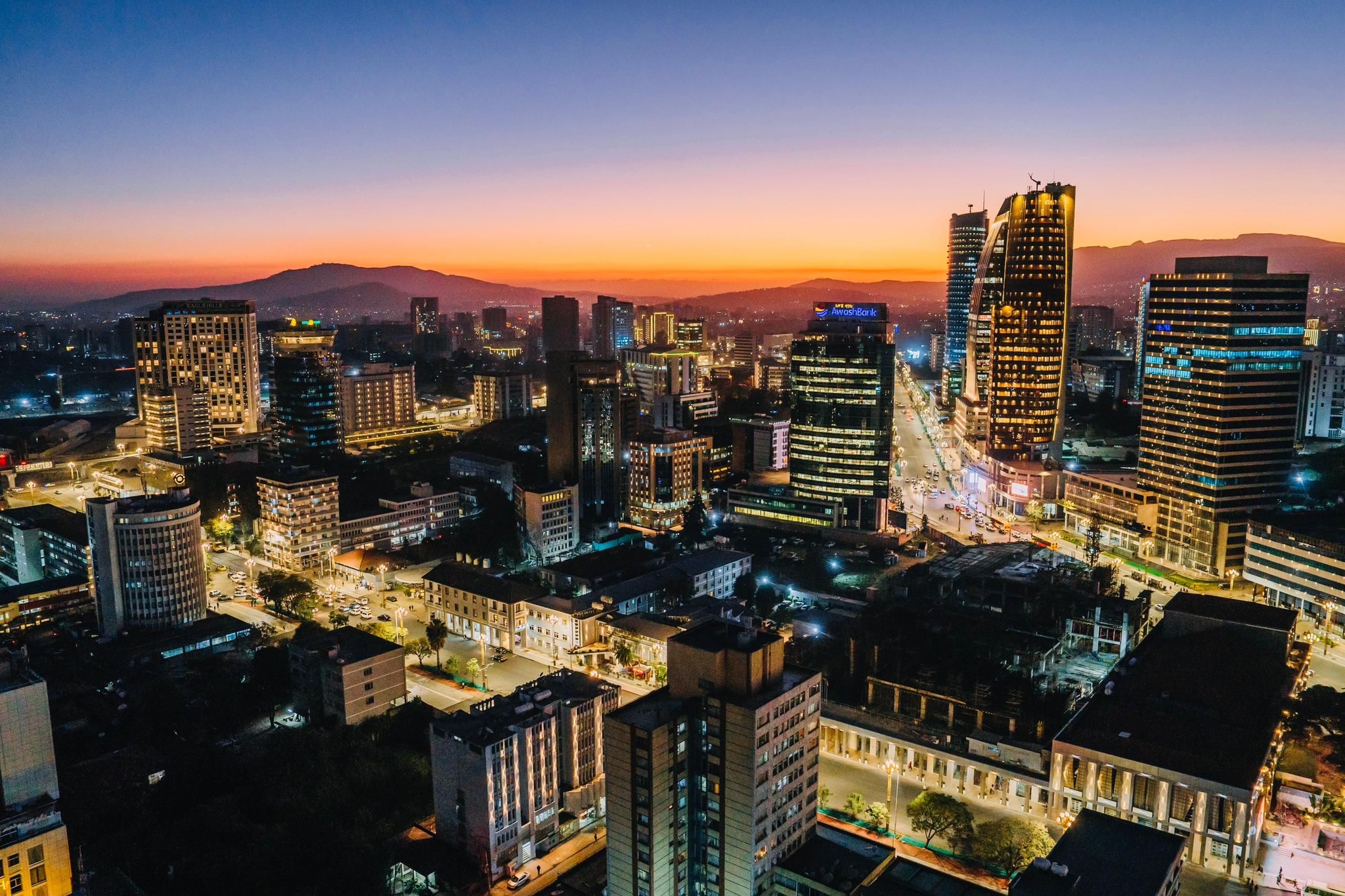Ethiopia's All-out Effort to Achieve Prosperity - ENA English
Ethiopia's All-out Effort to Achieve Prosperity

By Staff Writer
Addis Ababa December 8/2024 (ENA)— Over the past five years, Ethiopia has overcome tremendous challenges. Emerging as the strongest economy in the Horn of Africa, the nation exemplifies resilience, manifesting visionary leadership under Prime Minister Abiy Ahmed. From self-reliance of wheat to accomplishing mega projects, Ethiopia has stepped into the floor of sustainable growth while looking to an even more glorious tomorrow.
In Ethiopia, infrastructure investments have provided the foundation for the nation's economic turnaround. The Grand Ethiopian Renaissance Dam (GERD), which is a symbol of national pride, is almost done. This flagship project will transform Ethiopia into an energy exporter, thus fostering regional integration and economic development.
Ethiopia is a country rich in history and culture. Having explored all scenic valleys and mountains of Ethiopia, Prime Minister Abiy Ahmed has revitalized the country's tourism potential. Over the last six years, Ethiopian tourism has evolved. In addition to its renowned heritage sites, Ethiopia has made large investments on the development new tourist attractions that offer visitors diverse range of experiences.
The tourism development initiatives spearheaded by Prime Minister Abiy Ahmed are the most notable additions to Ethiopia's tourism landscape. The initiatives implemented over the past six years in several parts of the country including the capital Addis Ababa are world standard tourism destinations and attractions.
New world-class tourist sites have been developed through “Dine for Ethiopia’’ initiative in Gorgora, Wonchi and Koyisha. In addition to the state of the art parks and amusements, the facilities encompass modern complex features luxury hotels, a golf course, a spa, and a convention center, providing visitors with a sophisticated and comfortable experience.
The government has been exerting efforts to expand tourism attractions in Addis Ababa. The renovated National Palace Museum, development of Unity Park, Entoto Park, Friendship Park, Science Museum, and other tourist destinations have been established in the capital in recent years.
Many industrial parks located in various parts of the country have encouraged foreign investment and generated tens of thousands of employments. These facilities have attracted local and foreign companies to make investments export-driven industries, such as textiles and pharmaceuticals.
Ethiopia's agricultural economy has shown excellent development, for instance, in wheat self-sufficiency program. Through a vision of "Yelemat Tirufat" (Bounty of the Basket) food-self-sufficiency programs at household level in poultry, fish, egg, fruits, have registered encouraging results across the country. Ethiopia has capitalized on arid areas and transformed them into productive lands using irrigation and advanced farming practices. Ethiopia, formerly a large wheat importer, now produces and exports surplus wheat, thereby gearing up for food sovereignty.
Ethiopia's Green Legacy Initiative has brought about tremendous achievements, addressing deforestation and climate change, boosting agricultural productivity. The initiative prevents soil loss and improves water retention.
Addis Ababa has evolved as hub of conference tourism. With flourishing tourist destinations in the capital, such as Adwa Victory Memorial and renovated infrastructure facilities through the corridor development, Addis Ababa provides a platform every week for a variety of global audience. Since September 2024, the city has hosted numerous international conferences. Both the development of Bole International Airport and the effectiveness of Ethiopian Airlines has further improved the position of the country as the hub of Africa.
During Prosperity Party's 5th Anniversary, Prime Minister Abiy Ahmed vowed to redouble Ethiopia’s economy over the next five years. The government’s plan entails growth in agricultural exports, extension of industrial scale, and preparing Ethiopians for the ever growing urban life.
In Ethiopia, digital transformation and renewable energy projects lie at the core of priority for a resilient and sustainable economy. Prime Minister Abiy also launched the “Five Million Coders” to boost digital technology capability among the youth in Ethiopia. The project is aimed at improving the technological knowledge of the youth.
Ethiopia’s experience is an example of strength, innovation, and visionary leadership. From achieving self-reliant status of wheat to building mega projects that will revolutionize beyond borders, Ethiopia is pursuing a sustainable development trajectory. Ethiopia is striving to become a middle-income country by 2030, where many from near and far see the light at the end of the tunnel.